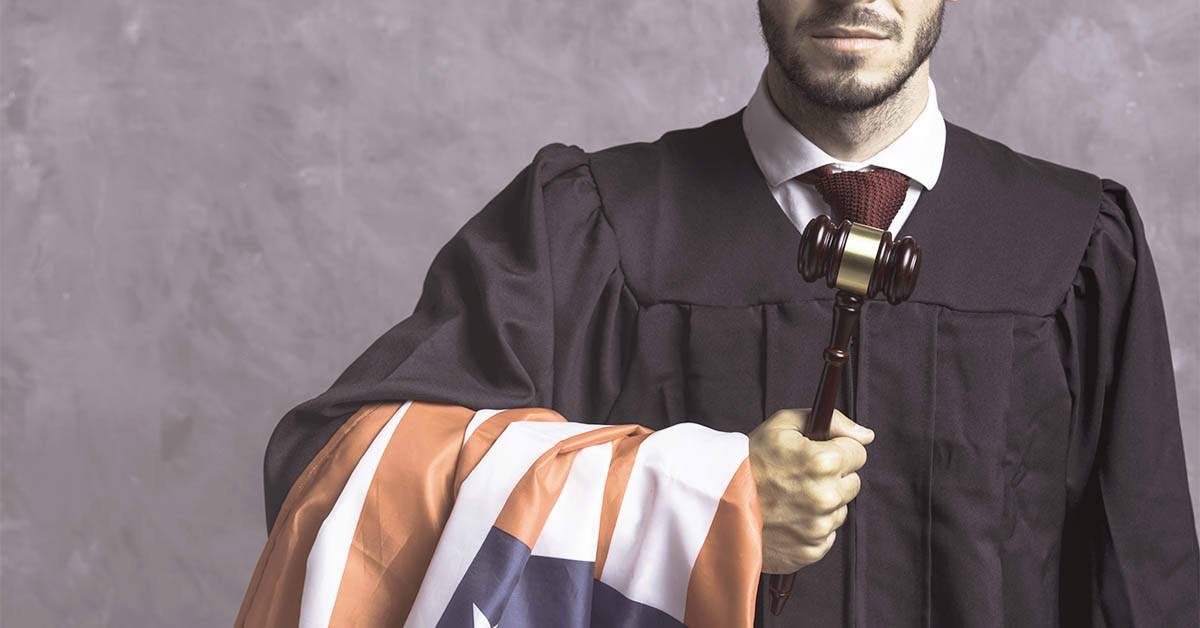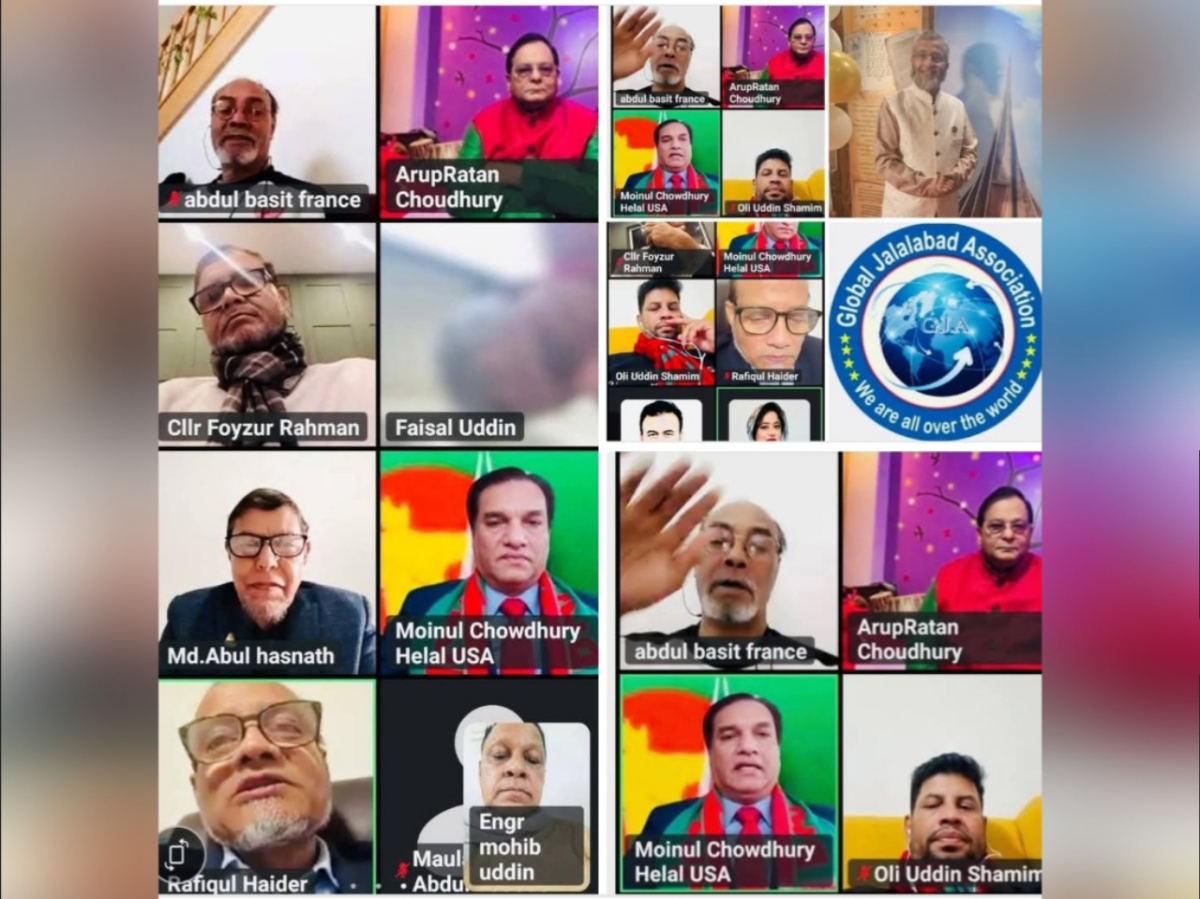Eye News Desk
Law of USA

The Constitution is the basic law of the United States. Basic human rights are guaranteed through US law. And the responsibility of maintaining that constitution lies with Congress. Congress makes and enforces laws accordingly. If a law passed by Congress is inconsistent with the Constitution, then the will of the people takes precedence over the constitutional law. This means that in the United States, the people have more power than the judiciary or the judiciary.
The democratic system of the United States is not based solely on majority rule. According to the Constitution, everyone has the right to freedom of religion, freedom of speech, equal treatment and due benefits.
A country's rule of law is a policy to which individuals or institutions are accountable. There was no exception in the case of the United States.
The rule of law in the United States is founded on a few principles. For example-
- All laws are enforced publicly
- Applies equally to all
- Judiciary is independent
- Consistent with international human rights principles
The United States has many layers of law that would take too long to explain in detail. So we will discuss the basics of the US legal system.
US Common Law
Many times judges give decisions outside the constitution. The law derived from those decisions is common law. U.S. courts have compiled a body of law by collecting various earlier common laws. The common law system of the United States is derived from the British tradition. And it became more widespread in North America around the 17th century.
Apart from America, common law is also practiced in United Kingdom, Australia, Canada, Hong Kong, India, New Zealand.
Federal Law
US federal laws are largely derived from the Constitution. Through which Congress can control the interstates of the country. The Statutes of the United States are essentially consolidations or codifications of general and permanent federal laws.
The federal government mainly enforces federal laws in those sectors where the federal constitution can exercise special powers. For example: Foreign Relations, Military Sector, Intellectual Property, Aviation, Telecommunication, Pharmaceutical etc. Also, Congress sometimes makes laws. By which the rule of law of the federal government is expanded.
State and territory laws
The United States is made up of 50 states. Each state is governed as an independent state. They have their own state constitutions, governments and separate state courts. Each state has a separate legislative branch through which state laws are made. Although governed by federal law, the state legislative branch has full power to enact new laws. A state's supreme court is the final interpreter of state law.
If the federal government intervenes directly without informing the state law department, the state can appeal to the central government against it.
Most cases in the United States are governed by state law.
Local Law
There are thousands of agencies, cities, counties, etc. under the 50 states of the United States. In addition, states make local laws to regulate rent laws, local safety, zoning, etc.
Because every state is a sovereign entity. This law defines the rights of every citizen of the state. But there are situations where both federal and state can intervene.
Criminal Law Procedure
Criminal law mainly deals with wrongful acts. So this law is very important. Generally criminal offenses can result in imprisonment. All organized criminal offenses in the United States are prosecuted and punished at the state level.
Federal criminal law deals with crimes committed in federal sectors. For example: income tax evasion, mail theft, assault on federal officials, drug trafficking, various forms of fraud, as well as all intrastate crimes.
The laws for major crimes like murder and rape are almost the same in all states. Some states allow the death penalty.
However, depending on the crime and misdemeanor, the punishment can be long imprisonment, heavy fine, compensation to the victims, imprisonment with fine etc. These are mainly for first degree felonies or misdemeanors.
Some states have a level called violation of law. Like driving without driving license, violation of traffic laws etc. The trial process of all these crimes is basically simple. This can result in heavy fines but not jail time.
An average of only 3 percent of criminal cases in the United States are resolved through trial. The remaining cases are settled by compromise or dismissal.
Apart from the basic law steps mentioned above, there are some other steps. For example:
- Civil Law
- Contract Law
- Tort law
- Property Law
- Family Law
The United States Constitution was enacted in 1787. It came into effect two years later. It has seven registrations and 27 amendments. This Constitution is the main source of all laws of the United States. This law applies to all its residents. The United States is one of the most powerful nations in the world. Since the war there has been economic growth, low unemployment, inflation and much progress in technology. And the main contribution behind this progress is the law and judicial system of the country. So the US legal system is followed by the whole world.
Read More
- বাংলাদেশে শিশু শ্রম: কারণ ও করণীয়
- পনেরো আগস্ট পরবর্তী রাজনৈতিক দ্বন্ধ
মোশতাক বললেও মন্ত্রীদের কেউ সেদিন বঙ্গবন্ধুর লাশের সঙ্গে যায়নি! - ২০২৩ সালে কী সত্যিই ভয়াবহ দুর্ভিক্ষ আসছে?
- করোনা যেভাবে চিকিৎসকদের শ্রেণীচ্যুত করলো
- চতুর্থ শিল্প বিপ্লবের সমস্যা এবং সম্ভাবনা
- ফিলিস্তিনে প্রাণ হারাচ্ছেন গুরুত্বপূর্ণ সাংস্কৃতিক ব্যক্তিত্বরা
- ঢাকা দক্ষিণ সিটি কর্পোরেশনের কুকুর স্থানান্তরকরণ ও ভবিষ্যৎ
- শরীফার গল্প পড়তে আমাদের এতো কেন সমস্যা?
- মহান মুক্তিযুদ্ধে বিদেশী গণমাধ্যমের ভূমিকা
- রেমডেসিভির একটি অপ্রমাণিত ট্রায়াল ড্রাগ









































